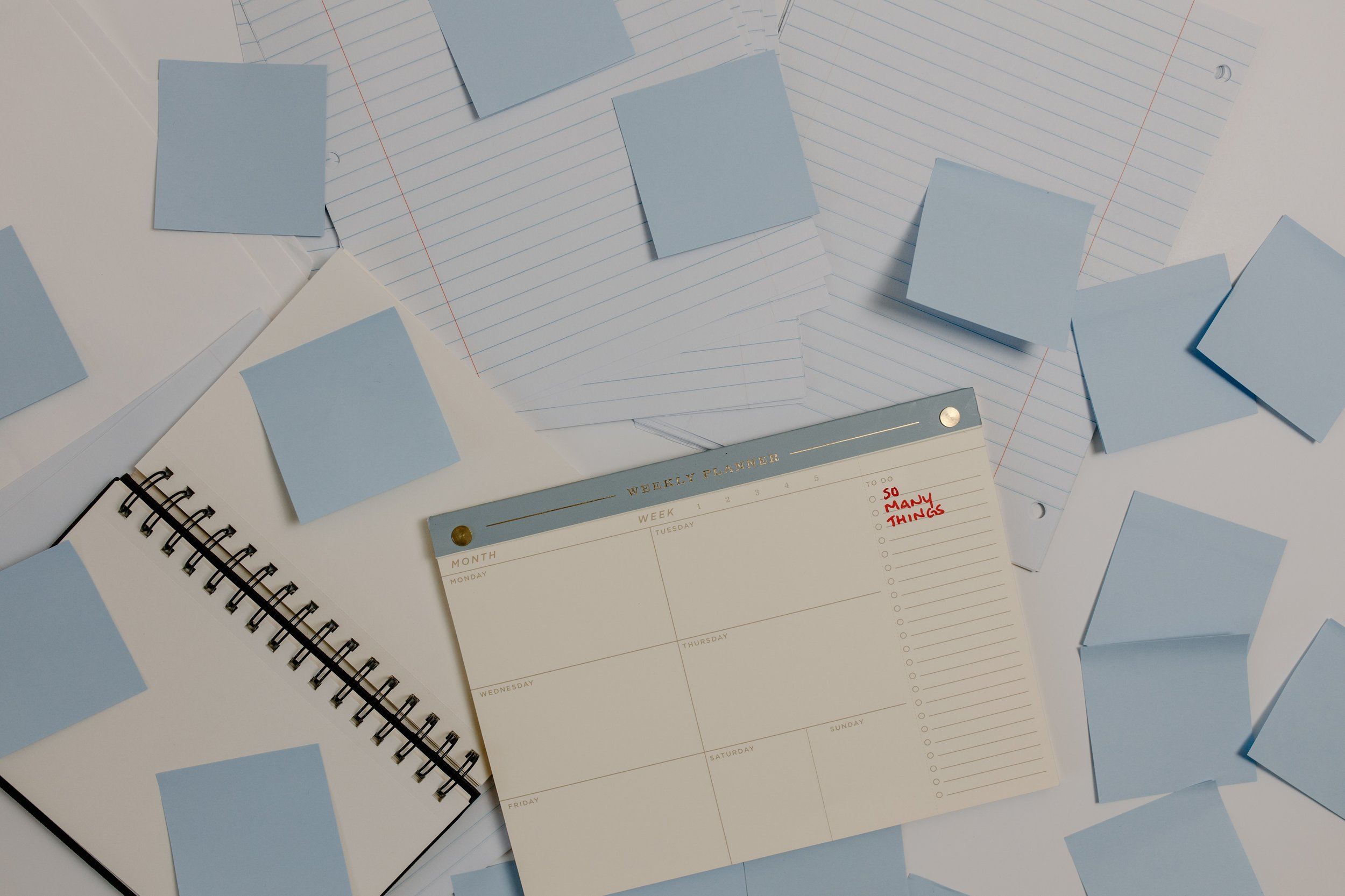Dealing with Burnout as a Student
Insider X UBS Wellness Article
Written by Joana Kim (with advice and tips from the Insider Executive Team)
We all have heard of the importance of taking breaks as students in an academic environment, where the to-do list of schoolwork, extracurriculars, and job responsibilities feels never-ending and at times, overwhelming. However, when it comes to putting that into action, making intentional time for a break can seem like just another task on our list. With online classes especially, students are prone to Zoom fatigue, defined on Healthline as a “virtual fatigue” in which one experiences feelings of exhaustion and burnout from the use of online communication platforms.
Burnout is not an unfamiliar term; it has been frequently used in variations to describe being in a state of emotional, physical, and/or mental exhaustion from high levels of stress. In addition to that, it can apply to different facets of life, including school and academics. Academic burnout is widely experienced among students; in fact, the results of a survey conducted at The Ohio State University displayed a drastic rise in “student burnout” during the pandemic, with 40% of students reporting feelings of burnout in August 2020 to 71% in April 2021. When discussing burnout and the importance of rest among fellow students, it is common among peers to resonate with each other’s experiences of feeling drained from academic activities. Furthermore, this commonality can often be more associated with a likening to comfort from shared struggles compared to a united pursuit to beneficially deal with burnout and figure out the next steps for healthy solutions.
Academic burnout is more prone to occur during peak busy times, like the looming exam season. To better prepare for periods of heavier academic workload, a prominent recommendation among others to help deal with burnout is to learn how to take breaks. An example of executing this is to mark out one day of the week to take a break (an effective method utilized by the UBS committee!) to ensure that you’re intentionally disconnecting from work or school activities. Relatedly, The Wellbeing Thesis stated that taking regular breaks - whether that be during study sessions or throughout the day - can actually be useful for you, rather than act as a hindrance to work flow as some may initially think. Ultimately, taking healthy breaks is a key method in recovering from stress and is reported to also aid in improving your performance level.
At the end of the day, as an undergraduate student, sometimes the most helpful advice is given from those who have similar experiences. The following are tips and words of advice from our Insider Executive Team, sharing personal experiences as fellow Schulich students in navigating breaks with academics, and personal insights regarding feelings of burnout. While you may not resonate with every single one of them, we hope that these collection of tips can offer guidance or solace to anyone experiencing burnout in this season, or who are seeking ways to improve their overall well-being in regards to academics and life outside of school. You got this!
Advice and Tips from the Insider Executive Team:
Try to plan ahead and map out your deliverables; this way, you can plan out your time better and not get hit by any surprise due dates!
Talk to friends, family, and group members if you are feeling overwhelmed. Sometimes talking things out and being transparent can put things in perspective and make you feel better!
Getting enough sleep can be a much-needed antidote! When feeling overwhelmed, catching up on sleep can help you feel much better and more energized to tackle the day’s tasks.
Try to set boundaries within your home (ex. Have a separate area or room to attend classes and do school work while keeping your bedroom separate for me time, rest, and sleep). With school being online, this may help maintain a better school, work and life balance since you’re not constantly staying in one room the whole day.
Schedule activities outside of academics during the day! Whether that be going outside to take a walk, or making dinner, it will create incentive to get work finished at a certain time and help you feel more refreshed from repeatedly having just one big study session planned for the day’s agenda!


